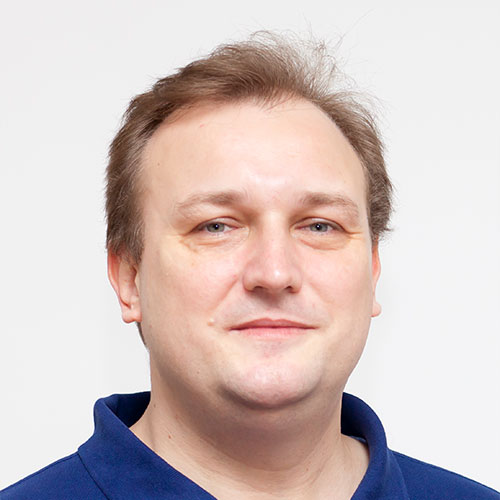Holistic Medicine

Holistic medicine is a comprehensive approach to healthcare that views the human being as a unity of body, mind and spirit. This medical approach goes beyond purely symptomatic treatment and strives for comprehensive health.
At its heart is the idea that health is not just the absence of illness, but a harmonious balance of all areas of life. Physical, emotional and spiritual facets need to be harmonised, as do interpersonal relationships and the environment in which one lives in order to experience health and deep contentment.
Holistic medicine has proven to be an established approach that takes into account the multi-layered needs and influences on a person’s health. Collaboration with qualified and experienced therapists is necessary to ensure comprehensive and safe application.
Here are some key aspects of Holistic Medicine:
- Consideration of body, mind and spirit: Holistic medicine recognises the interactions between body, mind and spirit. The condition of one area can affect the others, so a comprehensive assessment of all aspects of the person is important.
- Individualised approach: Each person is regarded as an individual being. Factors such as genetic predisposition, lifestyle, environment, social relationships and personal preferences are taken into account in diagnosis and treatment.
- Promotion of self-healing powers: Holistic medicine focuses on encouraging the body’s natural self-healing powers and utilising them for healing.
- Broad spectrum of therapies: Holistic medicine integrates a variety of therapeutic approaches, from both conventional and complementary medicine. These include nutrition, exercise, phytotherapy, physiotherapy, order therapy, meditation, stress management and many alternative methods such as Traditional Chinese medicine (TCM), acupuncture, homeopathy, Ayurveda, occidental medicine, orthomolecular medicine, nutritional medicine, micro-immunotherapy, environmental medicine, therapeutic fasting, meditation, hypnotherapy, exercise therapy and many others.
- Prevention and lifestyle: A central focus is on preventive measures and the promotion of a healthy lifestyle. It is best not to let an illness develop in the first place.
- Patient-therapist relationship: The relationship between patient and therapist is seen as a partnership. Open communication and the involvement of the patient in decision-making processes are seen as crucial to the healing process.
- Integrative collaboration: Holistic medicine includes collaboration with therapists from different fields of medicines. An integrative approach, combining conventional and alternative methods, is often sought to achieve optimal results.
- Recognition of the placebo effect: The psychological and emotional aspects of therapy are recognized as an important part of the healing process. The placebo effect is seen not just as a deception, but as the mind’s ability to contribute to healing.
Dr. Karsten Ostermann
Holistic medicine is often seen as complementary to conventional medicine and can help to improve quality of life and promote long-term health.

Further information
Further information intended to give a better overview of the topic.